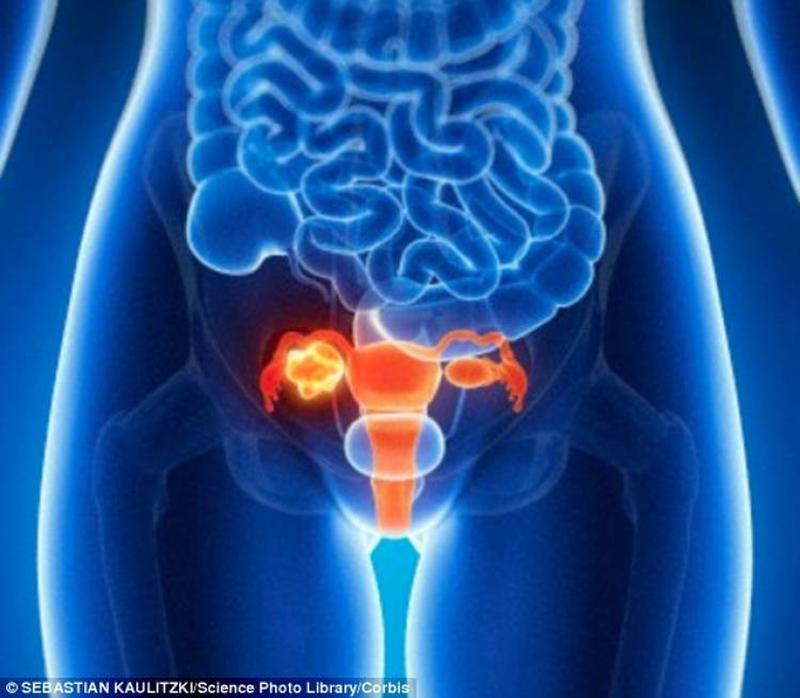Ovarian cancer is also known as the "silent killer," since it can appear in the ovaries of any girl, without displaying any symptoms until it is too late. As you might know, all cancers are more easily curable if they are detected and operated at an earlier stage - ovarian cancer is no different. There are regular screenings that a girl can take in order to be able to "catch" this kind of cancer at an earlier stage. To supplement these screenings, today we are going to be reviewing various different symptoms that women with ovarian cancer could have.
Back pain is always bad news - but in this case, it is also a warning sign of ovarian cancer. If you have frequent back pain, you should talk to your doctor in any case. Even if you don't have ovarian cancer, something else could be going on in your body.
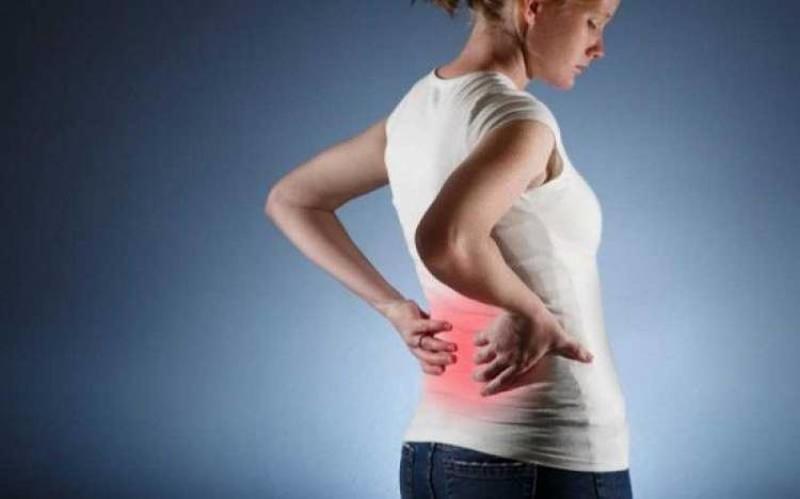
The type of pain associated with ovarian cancer can appear in both the lower abdomen and in the pelvic region. You should definitely be concerned if you feeling pain down there for more than a few days - talk to your doctor if that is the case.

Irregular periods are always a bummer - many girls fear that they may be pregnant. While that is an understandable worry, there are even more ominous signs behind having an irregular period - one of them could be ovarian cancer.

Being fatigued all the time is never a good sign - while a bad diet and not exercising enough could be behind your fatigue-issues, if you are also feeling some of the other symptoms listed on this page, you should probably check your ovaries.

Losing your appetite is an obvious symptom if you were previously full always hungry, and couldn't wait to have some tasty lunch. Just like with all the other recommendations on this page, you should talk with your doctor if this symptom is recurring.

While feeling pain in the vagina during sex can be a symptom of many things, including a Candida infection, for some women this may be the only symptom they feel once they get cancer growing on their ovaries. Your gynecologist can help with this issue.

Having nausea and vomiting is very bad when it is combined with not having your period - many girls at this point are 99% sure that they are pregnant. If it were only that easy - nausea and frequent vomiting can also be a symptom of ovarian cancer.
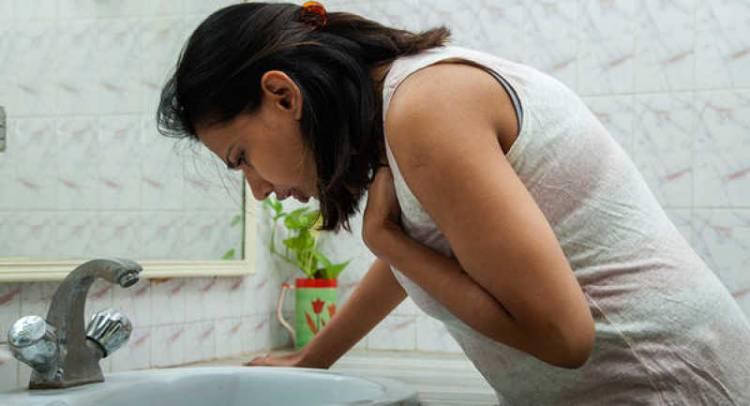
Abdominal bloating is another obvious and serious symptom. If the abdominal bloating followers after eating a lot of good rich in fiber (such as beans), then that's a normal gastrointestinal reaction. If the bloating is not correlated to an increased food intake - then it is a problem.
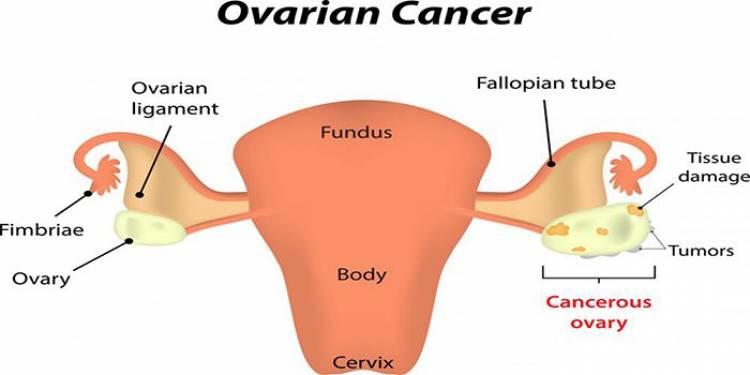
Increased urination could in some rare cases be a symptom of ovarian cancer. Do note that having to use the bathroom on a frequent basis can also be a sign of diabetes or over-hydration. Try to drink around 2-3L of water per day.
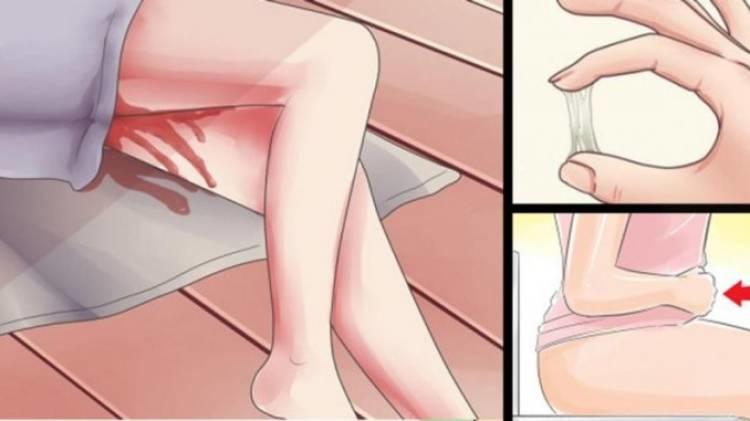
Having persistent gas or indigestion is a similar symptom to the previously mentioned abdominal bloating. Since a tumor on the ovaries can grow to a large size, this can prove to be a problem for your stomach, which could essentially get "squeezed" by the tumor.
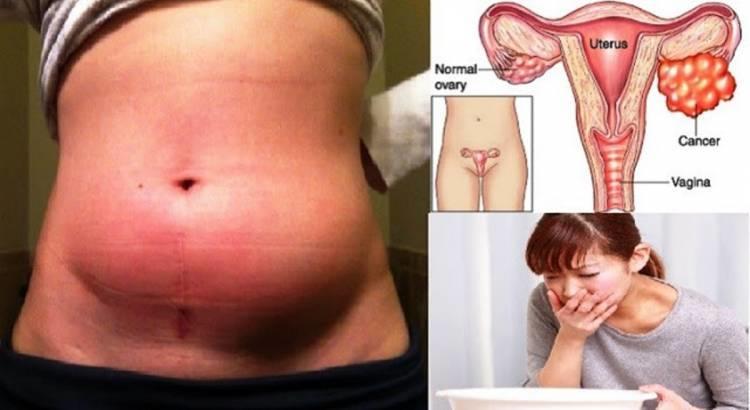
If your stomach and digestive tract have problems digesting food, this would normally lead to constipation problems, as your food would not be fully digested in time for your bowel movement. If the constipation is also followed by abdominal bloating and pain, you should talk to your doctor immediately.
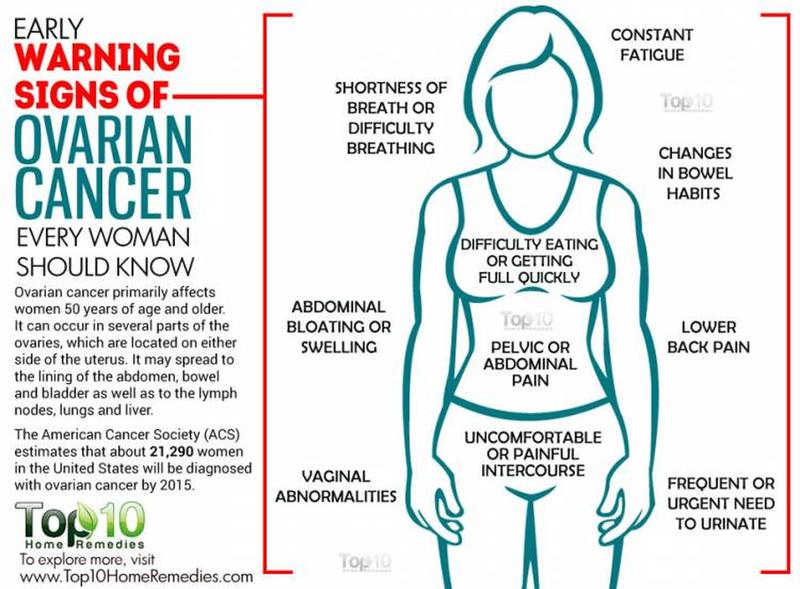
If you do not have much abdominal bloating, but are otherwise starting to feel clothes getting tight around your waist, this could be a symptom of a tumor growing on your ovaries. Talk to a doctor if also feel any of the other symptoms listed on this page.

Vaginal bleeding can be a symptom of many different things, including some STD's. For issues with abdominal bleeding, you don't need to consult your family doctor - your gynecologist can also be of help in a situation like this.
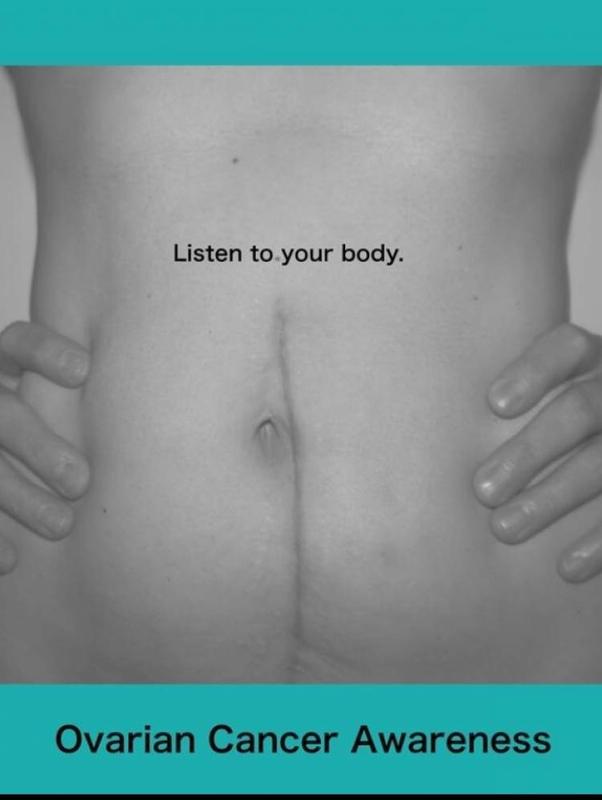
Unexpected weight loss is often a symptom of cancer growing somewhere in the body. Note that weight loss by itself could mean nothing - the weight loss is dangerous when you are eating a lot of food, but still losing food.

Al girls know that a late menstruation is bad, but even an irregular menstruation can be bad. An irregular menstruation can be defined as a menstruation that is 3-10 days later every cycle. Talk with your doctor, just to be sure everything is alright.
